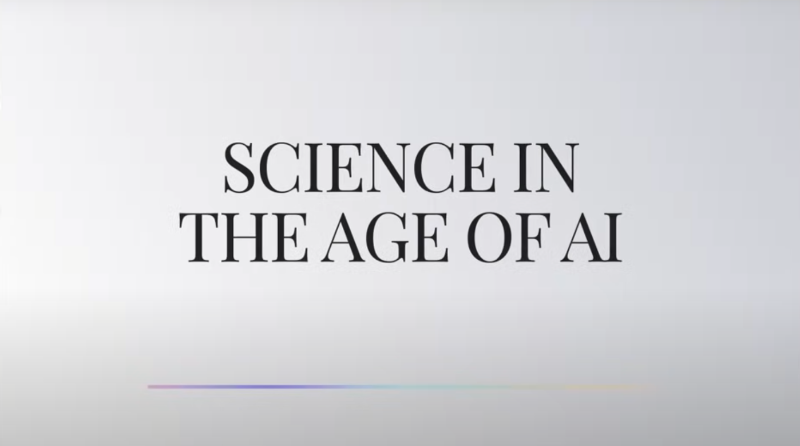by Southern Methodist University
Credit: Pixabay/CC0 Public Domain
A new study by Southern Methodist University psychologists and a researchers from the University of Washington shows that interpersonal racial discrimination and other forms of violence can impact the mental health of adolescents in the justice system.
The research advocates for a more holistic approach to mental health intervention, emphasizing the importance of considering adolescents' experiences of interpersonal racial discrimination alongside other more recognized forms of violence. By acknowledging and addressing these intersecting factors, stakeholders can better tailor support systems to meet the unique needs of adolescents of color in the justice system.
Published in the Journal of Interpersonal Violence, the study involves 118 adolescents of color, ages 14 to 17, and their mothers, comparing the effects of interpersonal racial discrimination together with experiences of harsh parenting, teen dating violence, and exposure to parental partner violence. The authors note that while interpersonal racial discrimination can be conceptualized as a type of interpersonal violence, it is seldom considered as such.
This can be a problem when trying to understand how a teen's exposure to interpersonal violence, in various forms, relates to their mental health symptoms and subsequent acts of delinquency. The authors note that adolescents of color are disproportionately represented in the U.S. justice system, a disparity that previous studies have tied to racism and interpersonal racial discrimination.
"It is common for researchers to look at common adverse childhood experiences related to violence, but often racial discrimination is left out of the equation," said lead author Ernest Jouriles, professor and director of clinical training in SMU's Department of Psychology. "We found that experiencing interpersonal racial discrimination is as harmful, if not more harmful, than other commonly studied traumatic events."
The research used 3-month longitudinal data from a larger study that looked at how mother-adolescent communication about dating relationships is linked to adolescent dating violence and victimization. Participants in that study were recruited with flyers distributed at truancy courts, by probation offices, and through victim services offices.
Half of the teenagers reported experiencing violence from their parents, and more than half said they had experienced violence in their dating relationships. Some also reported they had seen their parents being physically violent with each other. About half noted they themselves had been mistreated because of their race. Many believed the unfair treatment stemmed from people perceiving the teens as lacking intelligence.
"Historically, this research has been very siloed, with racial discrimination in one area of research and interpersonal violence in another, but our results suggest they should be examined together," said Melissa Sitton, a doctoral student in the SMU Clinical Psychology program and one of the paper's authors. "Researchers, clinicians and others providing services must assess situations more broadly to provide more effective assistance."
Sitton will present the research at the upcoming Society for Research in Child Development Anti-Racist Developmental Science Summit: Transforming Research, Practices, and Policies Summit, scheduled for May 15-17 in Panama City, Panama.
Additional research team members include SMU professors David Rosenfield and Renee McDonald and Pricilla Lui from the University of Washington.
More information: Ernest N. Jouriles et al, Interpersonal Violence, Racial Discrimination, and Mental Health Symptoms Among Adolescents of Color in the Juvenile-Justice System, Journal of Interpersonal Violence (2024). DOI: 10.1177/08862605241227981
Journal information: Journal of Interpersonal Violence
Provided by Southern Methodist University







Post comments